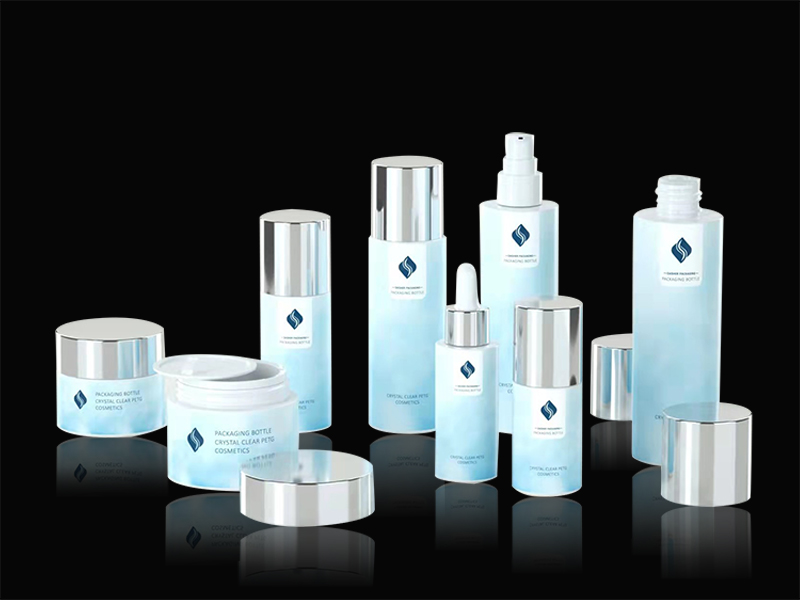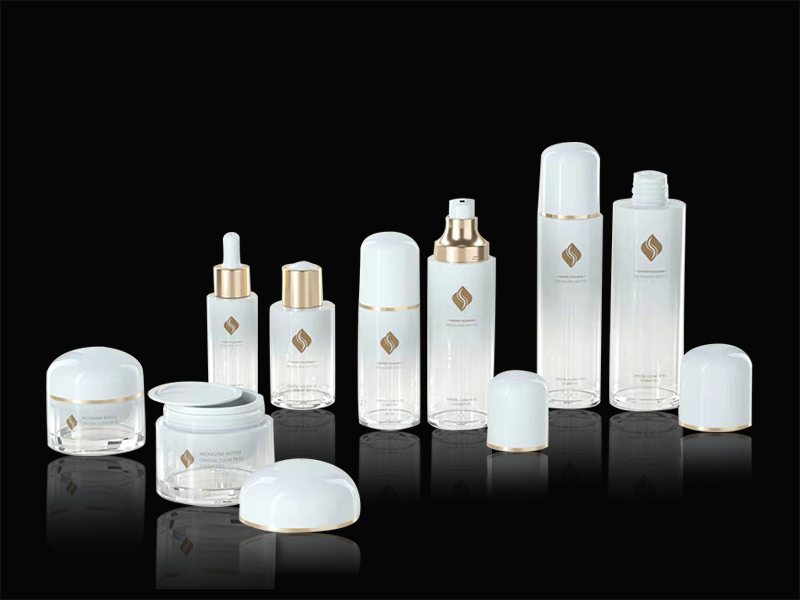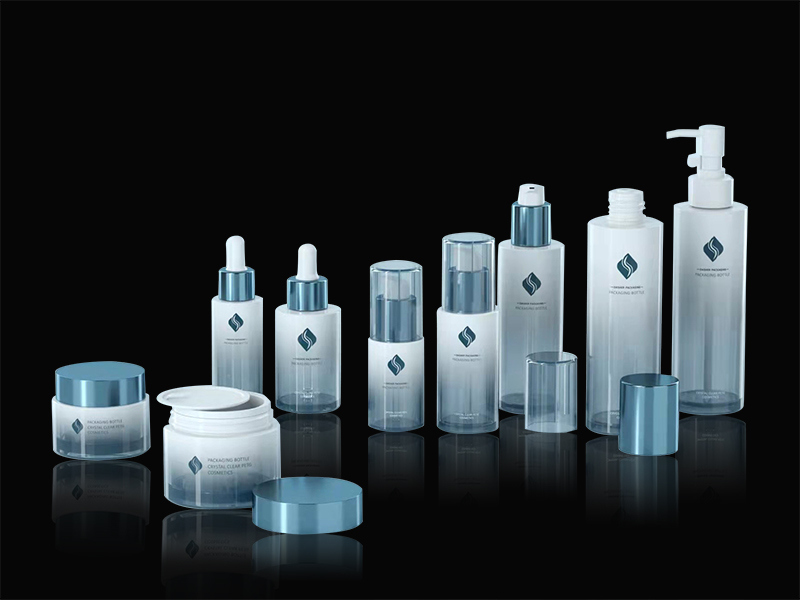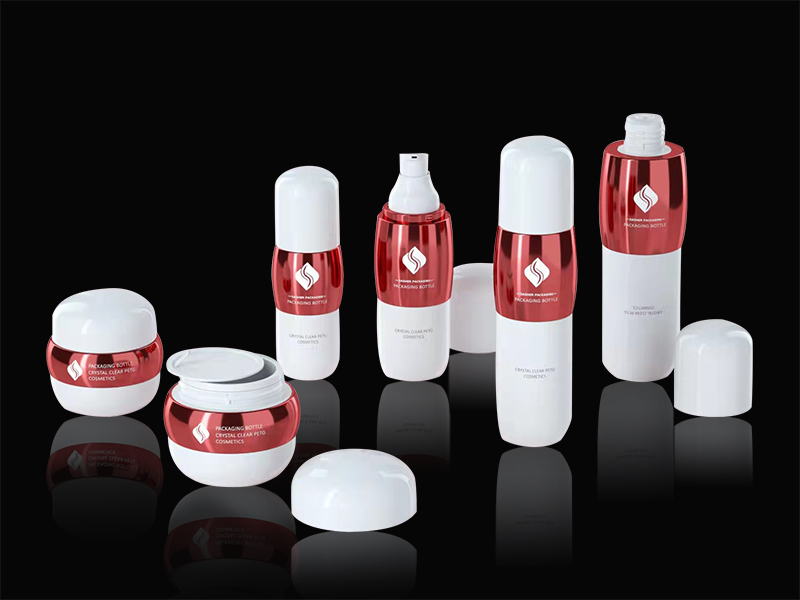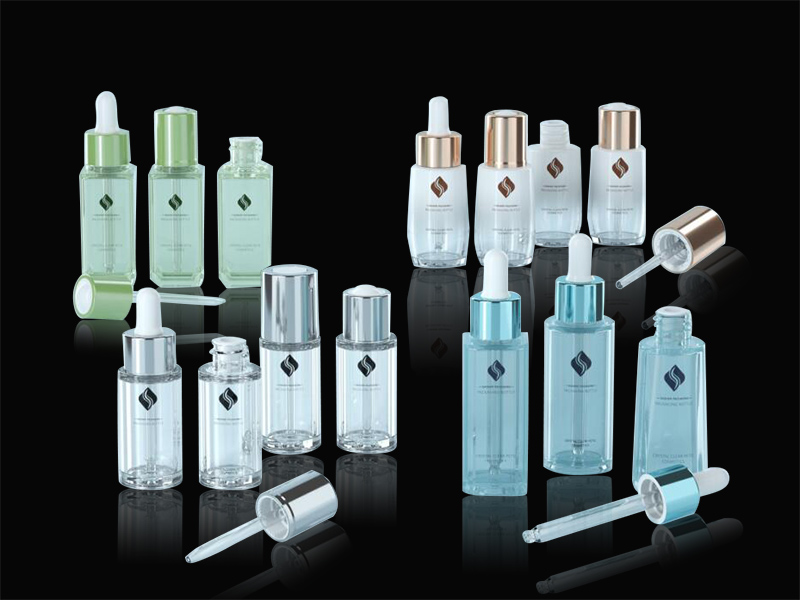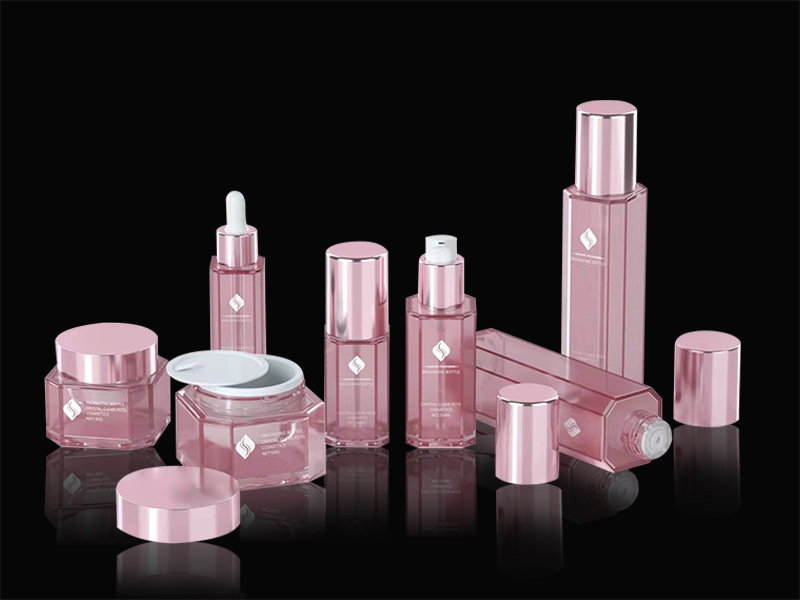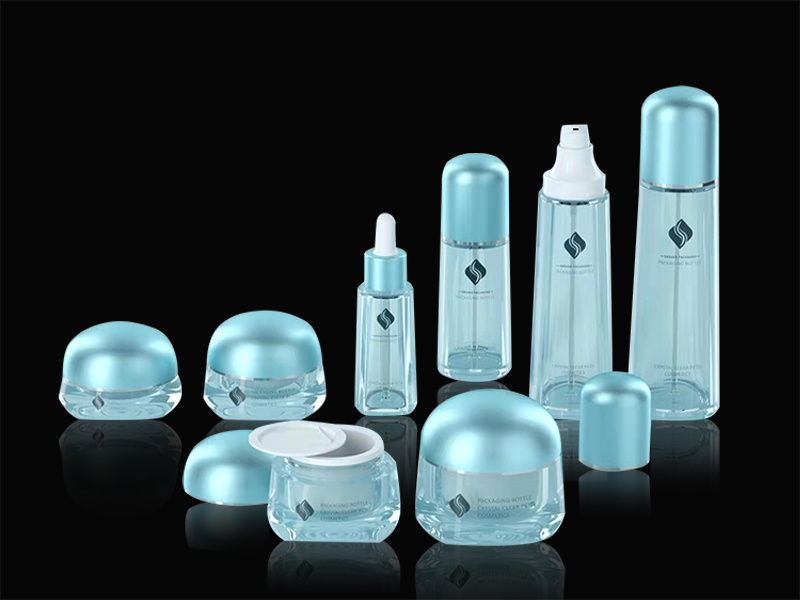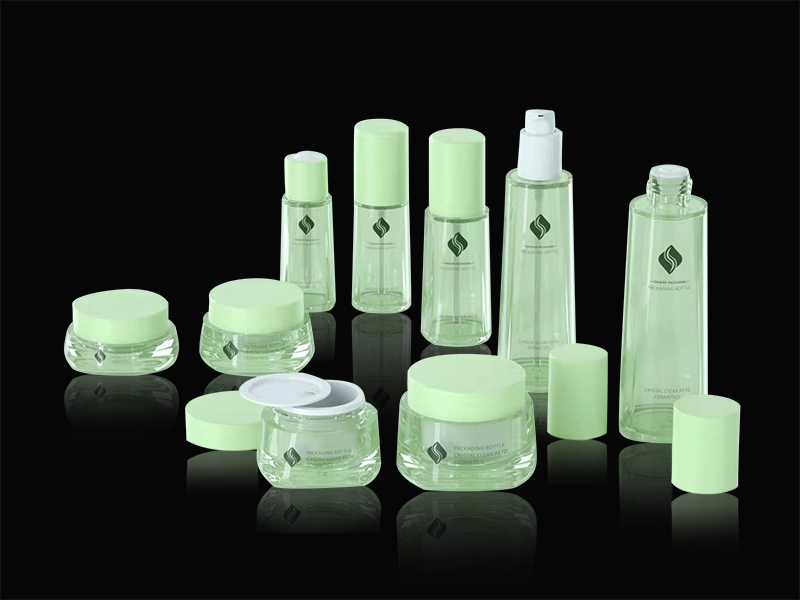The glass cosmetic container is a transparent container formed by blowing and molding a molten glass frit. Glass packaging containers are mainly used for packaging liquids, solid drugs and liquid beverages.
Glass packaging containers for cosmetic bottle manufacturers are very common packaging containers. Used as a container for 3,000 years ago, it is a long-established packaging material with the following advantages.
1 bright, transparent, good barrier performance.
2 heat-resistant, washable, high temperature sterilization, low temperature storage, good weather resistance.
3 The raw materials are abundant, the formability is good, the processing is convenient, the variety shape is flexible, and it can be recycled and reused.
4 non-toxic, tasteless, clean and hygienic.
5 chemical stability is excellent.
Glass is one or more transparent substances of citrate, which can be classified according to the difference of raw materials, ingredients, chemical composition, color, etc. According to the raw material manufacturing, it can be divided into: 1. Calcium soda glass, which is ordinary glass. Used for making bottles, cups, lampshades and low-cost presses; 2. Lead-containing glass, which can be made into crystal glass such as smooth and clean, suitable for tableware and decorations; 3. Color glass, various metal oxides , added to the glass, can get a variety of colors of glass.
80% of glass bottles are lightweight disposable bottles. The precise control of raw material components, precise control of the whole process of melting, small-mouth pressure blowing technology, hot and cold end spraying of bottles and cans, and on-line testing are the fundamental guarantees for achieving lightweight bottles. Some countries are developing new bottle surface enhancement technologies in an attempt to further reduce the weight of bottles. A German company coats the surface of the bottle with a thin layer of organic resin to produce a 1 liter concentrated juice bottle of only 295 grams, which prevents the glass bottle from being scratched, thereby increasing the pressure strength of the bottle by 20%. The current popular plastic film sleeve label is also conducive to the lightweight of glass bottles.

